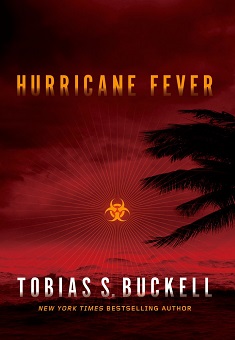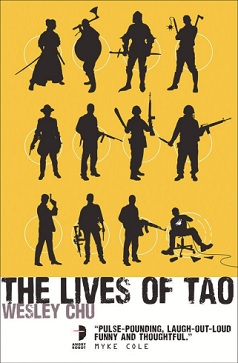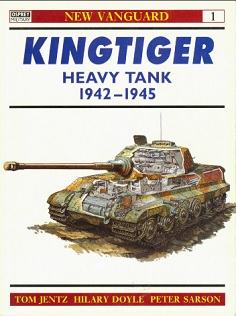
Lagoon
Nnedi Okorafor
306 pages
published in 2014
There has been a bit of a spat about the use of dialect and “non-standard” English in science fiction lately, as various people were critical about using dialect all together, finding it gimmicky or too difficult. As Juan Diaz put it “Motherfuckers will read a book that’s one third Elvish, but put two sentences in Spanish and they [white people] think we’re taking over” which is more true than it should be. A novel like Lagoon therefore, which is not only set in a city and country –Lagos, Nigeria — unfamiliar to the average science fiction reader, but which is (partially) written in Nigerian English, using Nigerian vocabulary and grammar, may be somewhat of a challenge. Because while we as science fiction readers supposedly crave the shock of the new, often it’s only if it’s cloaked in familiar language and cultural expectations.
And I have to admit, I did have to struggle a little bit with Lagoon, getting used to the language and the setting, though to nowhere near the extent I had to get used to Feersum Endjinn. For me this was a turn-on rather than a turn-off; I don’t mind working harder for my entertainment if a book is worth it and Lagoon certainly is. This is a novel of first contact where the people encountering the alien are not square jawed space marines but a marine biologist (Adaora), a troubled soldier (Agu) and a world famous rap star (Anthony), taken as representatives of humanity into the sea as the aliens landed there, to be returned to Lagos with Ayodele, an envoy from the aliens who needs to meet up with the president of Nigeria to discuss the future of the country now they’ve made their home there.
As Lagos starts responding, first low key and cautious to the impact the alien spaceship made in the ocean and the subsequent flood of its beachfront, the four make their way to Adaora’s home that she left earlier to escape her husband, increasingly under the spell of a fundamentalist Christian cult and more and more convinced Adaora is a seawitch, something that her return home with strangers and an alien in tow doesn’t help with. That conflict is what drives much of the novel, but Agu and Anthony also have their own histories to content with, as they attempt to get into touch with Nigeria’s ill president. In a city already primed for chaos with what happened out in the ocean, their actions light the powderkeg as Lagos explodes, the alien contact only serving as the pretext for what happens, as various people try to exploit the crisis for their own end.
What impressed me in this is the way Okorafor allows almost every character, no matter how minor, have their own story and motivations, many of which having nothing to do with the aliens and what they represent, their stories crossing and intersecting with the main plotline until it becomes unclear what actually is the main storyline. Some people may find this chaoting or weak writing, but it fits the nature of the alien contact, too big, too incomprehensible, to be contained by a more linear story and not really contained here either. As in real life, we don’t actually get to know the resolution of every story she started.
There’s the Black Nexus for example, “one of the only LGBT student organizations in Nigeria”, who hope to use the event to come out and put LGBT rights back on the agenda of what hopefully be a new Nigeria. Really their story has nothing to do with what is supposedly a first contact novel, but it fits so well with what might happen in the real world if aliens ever did land in a place like Lagos.
The other way in which Lagoon isn’t your average, clinical first contact novel is that Okorafor takes great pleasure in crossing and recrossing the boundaries of fantasy and science fiction. Not only do we have marine life given intelligence by the aliens, not to mention the old gods of Nigeria coming to life (or perhaps remanifesting themselves), but there are also evil spider killing highways and other assorted oddities. In a lesser writer this would’ve been either a mess or incredibly naff, but Okorafor makes it work and is not afraid to leave things unexplained.
In the past year or so, thanks largely to mildly obsessed with afrofuturism, an art form, literary genre, music and more that’s rooted in African history and mythology as well as the realities of the African diaspora. Lagoon fits in well with this tradition, unapologetically straddling sf and fantasy as well as Nigerian history and the American science fiction tradition. Her own background, the child of Nigerian parents raised in America may have had something to do with this.
This is a novel I will have to come back to at some point and is certainly going on my shortlist for Hugo candidates for next year. One of the best books I’ve read so far this year, or any year.



